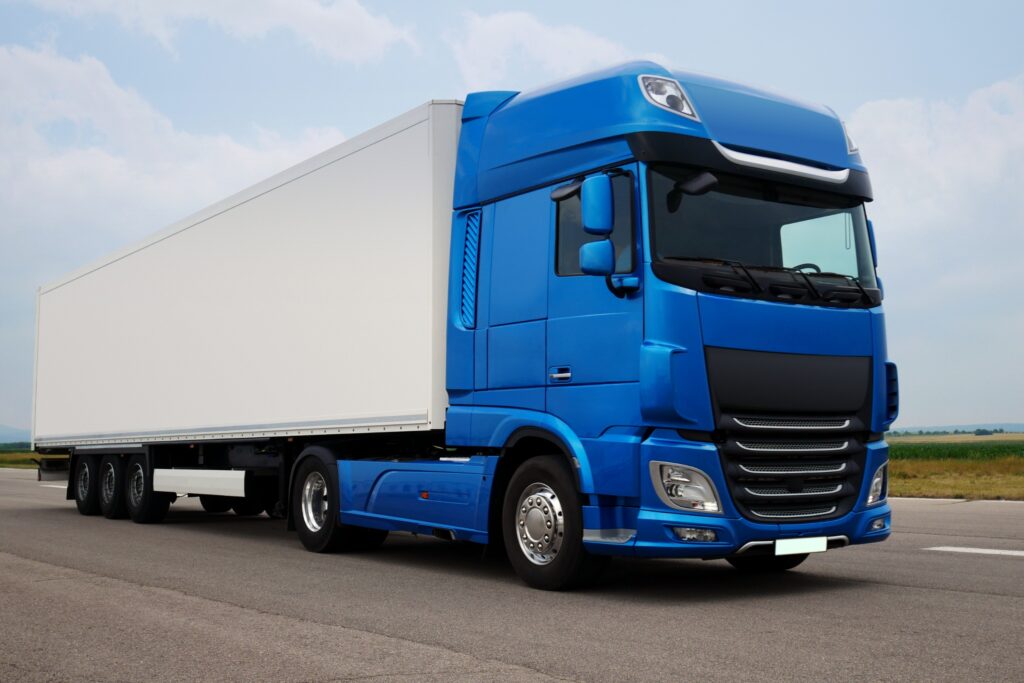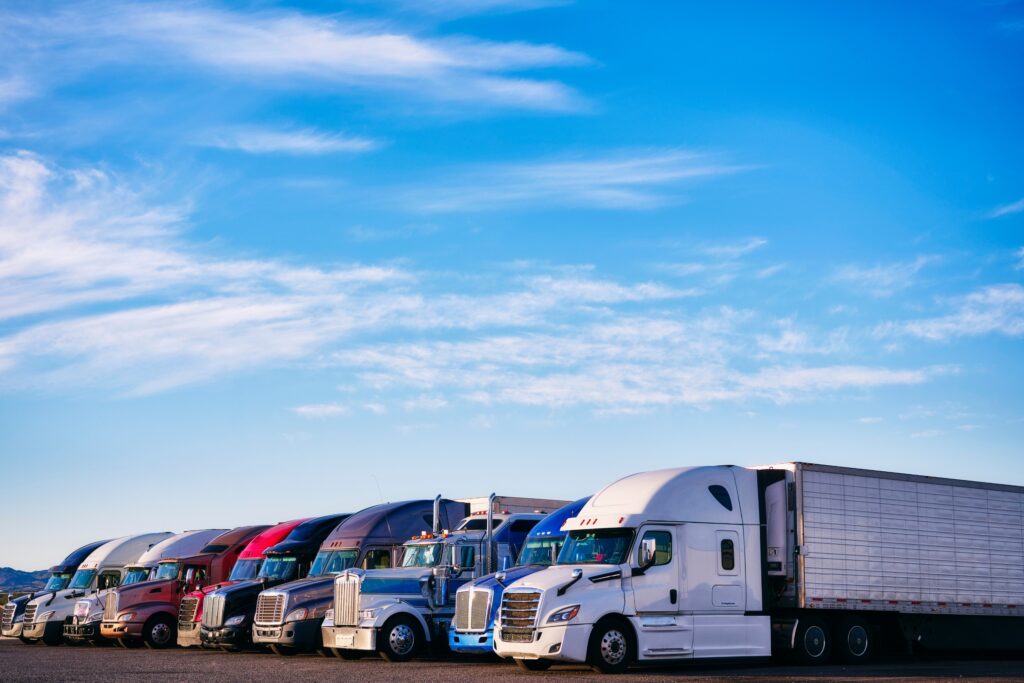In today’s logistics landscape, sustainability is no longer a buzzword. Sustainable trucking has become a top priority for businesses that want to reduce environmental impact, improve operational efficiency, and meet growing customer and regulatory expectations. By adopting greener practices, shippers and carriers can cut costs, enhance visibility, and strengthen their brand reputation in an increasingly eco-conscious marketplace.
Why Sustainable Trucking Matters for Businesses
Traditional trucking practices often come with high fuel consumption, increased emissions, and significant waste. These challenges not only strain the environment but also raise costs for businesses. At the same time, consumer demand for sustainable supply chains is at an all-time high, and regulators are introducing stricter environmental standards.
Companies that embrace sustainable trucking strategies can differentiate themselves from competitors. Beyond compliance, it positions them as industry leaders, earning the trust of customers and creating long-term value in their supply chains.

Key Sustainable Trucking Practices
1. Fuel Efficiency and Alternative Energy
Adopting electric and hybrid trucks is one way to cut down on carbon emissions. For fleets that continue to rely on diesel, efficiency can be improved by minimizing idling, maintaining proper tire pressure, and choosing fuel-saving routes. Even small operational changes can make a measurable difference.
2. Technology-Driven Optimization
Advanced transportation management systems (TMS) are reshaping how freight is moved. R2 Logistics leverages its cutting-edge TMS to consolidate loads, optimize routes, and provide real-time visibility. These tools not only reduce emissions but also improve delivery reliability and lower costs.
3. Green Logistics Strategies
Consolidating shipments and reducing empty miles are essential steps toward sustainability. By collaborating with carriers that share eco-friendly values, businesses can ensure their freight moves in the most responsible way possible while maintaining service quality.
4. Sustainable Materials and Practices
Reducing waste through recyclable packaging and smarter materials is another piece of the puzzle. Fleet maintenance also plays a role, as well-kept vehicles last longer, run more efficiently, and release fewer emissions throughout their lifespans.
What to Look for in a Sustainability-Focused 3PL
When choosing a third-party logistics provider (3PL), it’s important to evaluate their approach to sustainability. Key factors to consider include:
- Clear measurement and reporting on sustainability performance.
- Use of technology to optimize efficiency and reduce emissions.
- Partnerships with eco-friendly carriers across their network.
- A balanced strategy that prioritizes both environmental responsibility and cost savings.

Why Choosing the Right 3PL Partner Matters
A trusted 3PL can help shippers achieve their operational goals while also advancing sustainability initiatives. R2 Logistics is uniquely positioned to support businesses on both fronts. By combining industry expertise with advanced technology, R2 delivers supply chain solutions that minimize environmental impact without sacrificing efficiency or service quality.
With the right partner, companies gain reduced transportation costs, compliance with evolving regulations, and higher customer satisfaction — all while strengthening their commitment to sustainability.
Conclusion
Sustainable trucking is shaping the future of supply chains. Businesses that embrace it today will be better equipped to compete tomorrow. From reducing emissions to enhancing efficiency, sustainable practices drive both environmental and financial benefits.
Looking to align your shipping strategy with sustainability goals? Connect with R2 Logistics today to explore eco-friendly logistics solutions.
